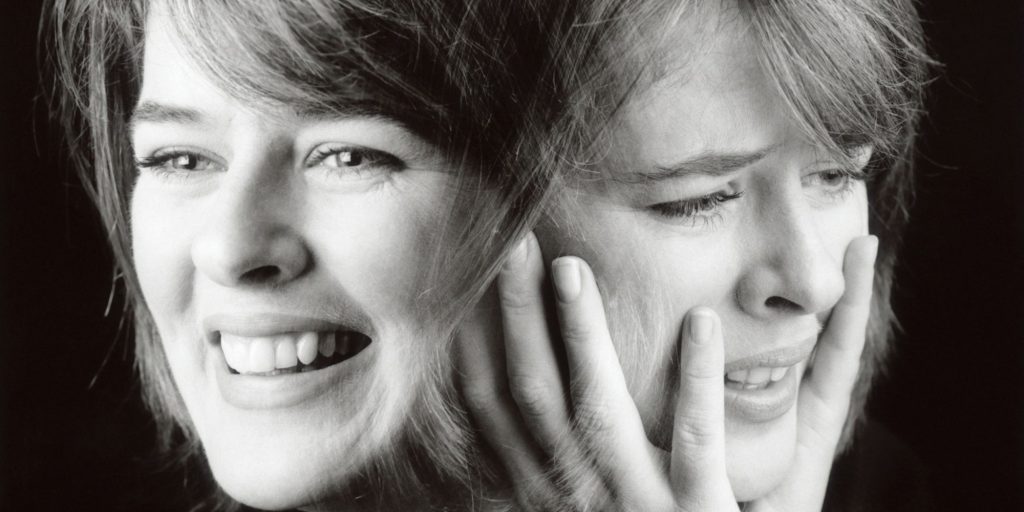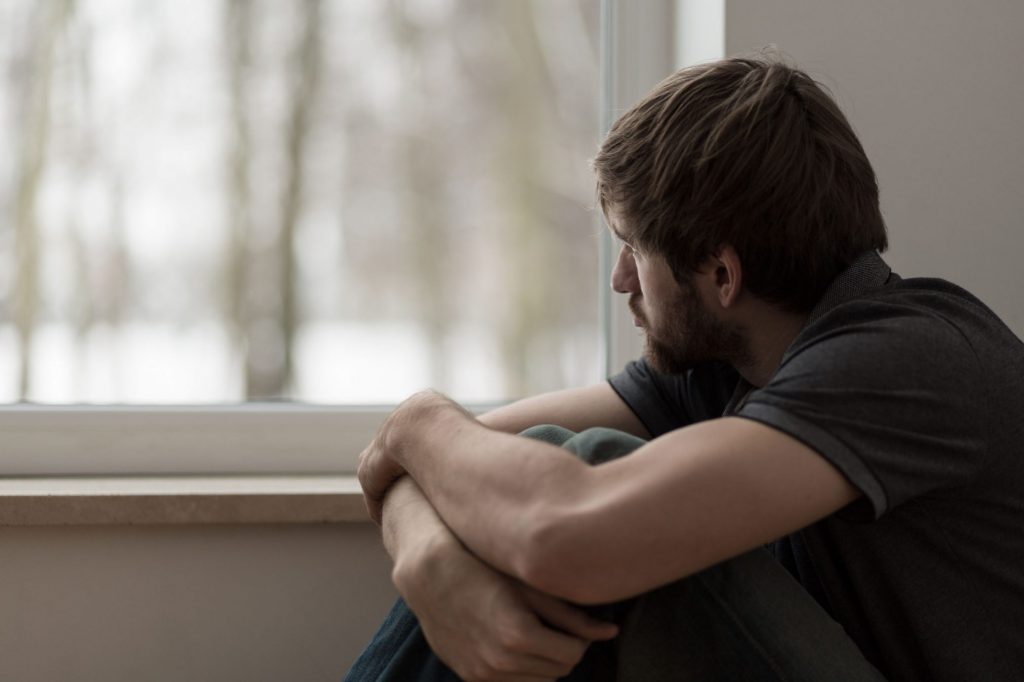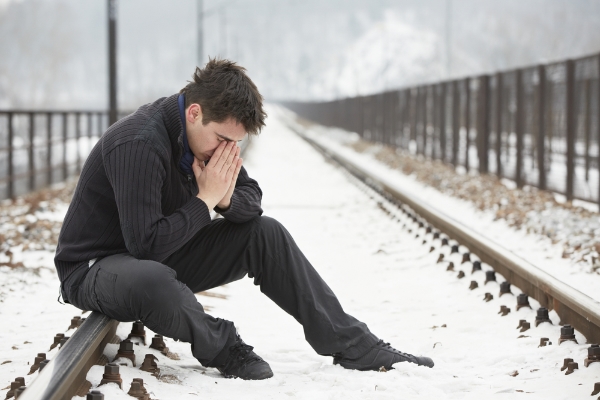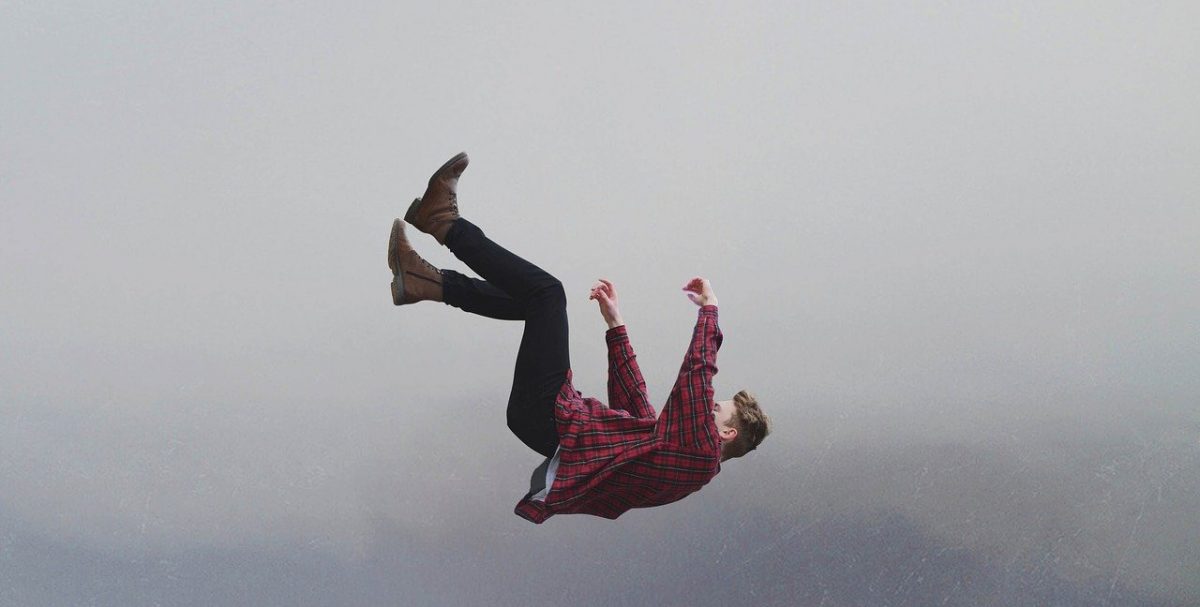Depression is a mental ailment that every member of the family may acquire over time. It doesn’t pick a certain age, to be honest, because even children are diagnosed with this disorder. Fame and wealth don’t matter either; simply look at the history of celebrities who battled with the disease to realize it.
Attempts to define and treat depressive illnesses are as old as the field of medicine itself and predate the founding of modern scientific psychiatry in the 1800s. — Mark L. Ruffalo D.Psa., L.C.S.W.
Nonetheless, due to the diverse causative agents in nature, one type of depression does not fit all cases. Here are ten kinds to check out right now.

Bipolar Disorder
This manic depression brings forth extreme mood swings for no definite reason. One moment, you feel elated and may even be laughing with colleagues. After a heartbeat or two, you become sad and dull, as if you’ve been like that all day long.
Major Depression
The disorder, also known as clinical depression, affects millions of women each year. The symptoms include lack of drive to eat, work or go out with people you love, as well as sleepless nights, feeling worthless, and suicidal thoughts.
Premenstrual Dysphoric Disorder (PMDD)
It is a rather common type of depression a female gets when their period begins. Try not to mistake it for premenstrual syndrome (PMS) because of the changes in emotions that the latter influence is tamed compared to what PMDD causes.
Psychotic Depression
The psychotic disorder is the result of combining major depression and psychosis. There’s nothing simple about it since you experience delusions and hallucinations along with fatigue and restlessness. Its effect, therefore, may cause irreparable damages to the patient.

About 85 percent of people experiencing a first episode of depression will relapse within the next 10 years. — Melanie Greenberg Ph.D.
Dysthymia
You can say that this form of depression is a mild version of the major depressive disorder. The thoughts of ending your life may never come, yet the sadness spell and loss of focus can go on for years if left unnoticed.
Postpartum Depression
Substance-Induced Disorder
Drugs and alcohol can offer you an all-time high as you’re doing it. Your mood spirals down the drain, though, once their effects wear off and you’re back to reality. That sensation depresses a lot of folks with addiction.
Situational Depression
Arguably a more prevalent type of depression is the one that occurs whenever something changes in your life. Any sad life event may cause it. In case you don’t recover from it, the situation can aggravate major depression.

Seasonal Affective Disorder (SAD)
It is the proper name for the loneliness you feel during wintertime. Some researchers claim that the reduction of sunlight is the problem’s root cause. Even without therapy, the depression may go away by the start of the spring season.
Atypical Depression
This disorder puts people in a state resembling paralysis because you can’t walk or even raise your arms. You may gain a lot of weight too as a result of not doing any physical activity.
In dealing with depression, it is also important for individuals to uncover any anger that could be underlying their depressed feelings. Anger can lead to depression when, in attempting to suppress it, they turn it on themselves. — Lisa Firestone, Ph.D.
